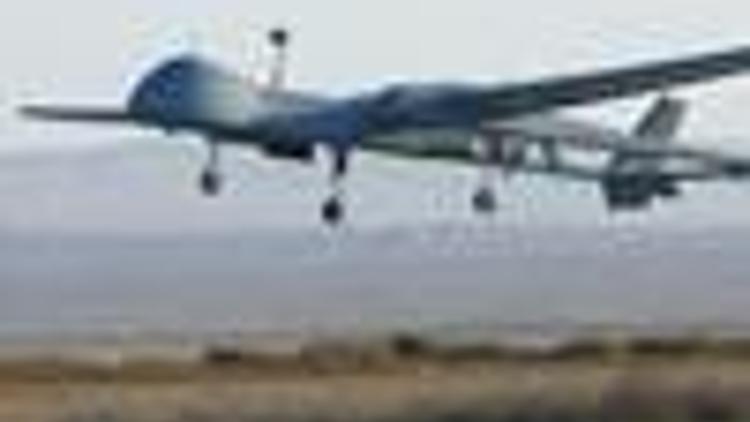Turkish official says Israel to begin Heron delivery in August
Güncelleme Tarihi:

ANKARA - Israel will begin the delivery of unmanned aerial vehicles, or UAVs, to Turkey in August and complete the delivery by October, a top Turkish defense industry official said Wednesday.
Murad Bayar, undersecretary for Turkey's Defense Industries, said Israeli-made surveillance drones, known as Herons, would be delivered with new engines.
Turkey agreed with the Israeli Aerospace Industry and Elbit three years ago to buy 10 Heron UAVs for more than $180 million. But the Israeli firm missed the deadline for delivery. Israeli media reports claimed that Turkey was mulling the termination of its contract with Israel, but Turkish Defense Minister Vecdi Gonul said Turkey would not revoke the contract. But he said it was under examination.
Bayar told reporters that the Israeli company would deliver four Herons in August, which would be followed by two more and than four more by the end of October.
Recent media reports said the problem was cameras produced by Turkish company Aselsan. According to Israeli media, Israeli officials said the camera was too heavy for Herons to fly at a height of 30,000 feet.
"The Aselsan (camera) issue has been overcome regarding this delay," Bayar said. "Now the matter about the time is modification of Heron engines."
Bayar said the new engines were undergoing testing, which he said was "going well."
Bayar added that Turkey would not make any extra payments to the Israeli firms for the engines.

